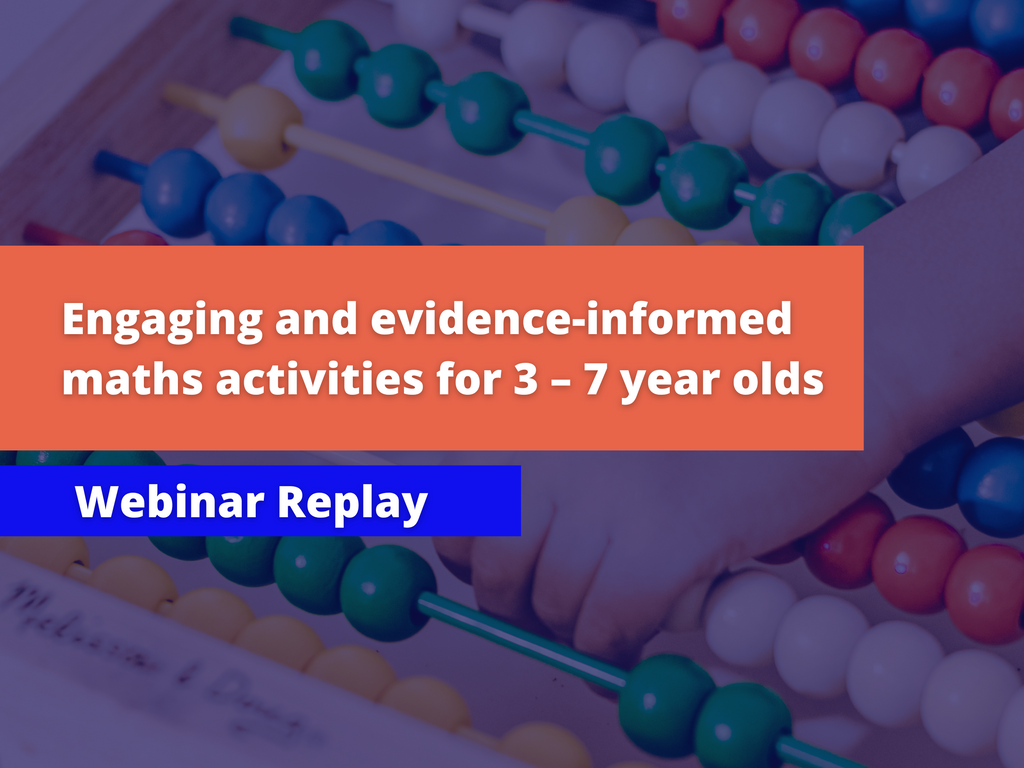Mathematics plays a key role in young children’s development and helps them to make sense of the world around them, interpret situations, and solve problems in everyday life, whether that’s understanding time, sharing amounts with their peers, or counting in play.
E4L has published a Guidance Report, ‘Improving mathematics in the early years with children aged 3 – 7 years’, which summarises the best available evidence to make clear, actionable recommendations for mathematics and educational leaders (sometimes referred to as ‘middle leaders’), senior leaders such as school leaders and centre directors, and other staff with responsibility for leading improvement in mathematics in early learning and primary school settings. Educators will also find this guidance useful as a resource to aid their day-to-day practice.
The Early Childhood Education Toolkit provides evidence summaries for early numeracy approaches and related approaches such as play-based learning and communication and language approaches.
Early numeracy approaches
Communication and language approaches
Play-based learning
Relevant approaches from the Early Childhood Toolkit include early numeracy approaches, which indicates that numeracy approaches benefit all children, but the impact on children from disadvantaged background tends to be higher.
Play-based learning and communication and language approaches are also relevant for early mathematics because there may be opportunities throughout the day for children to learn about mathematics through activities such as play, storytelling, use of mathematical language, and discussions about mathematical ideas with children to extend their thinking.
Guidance Reports

Webinars
